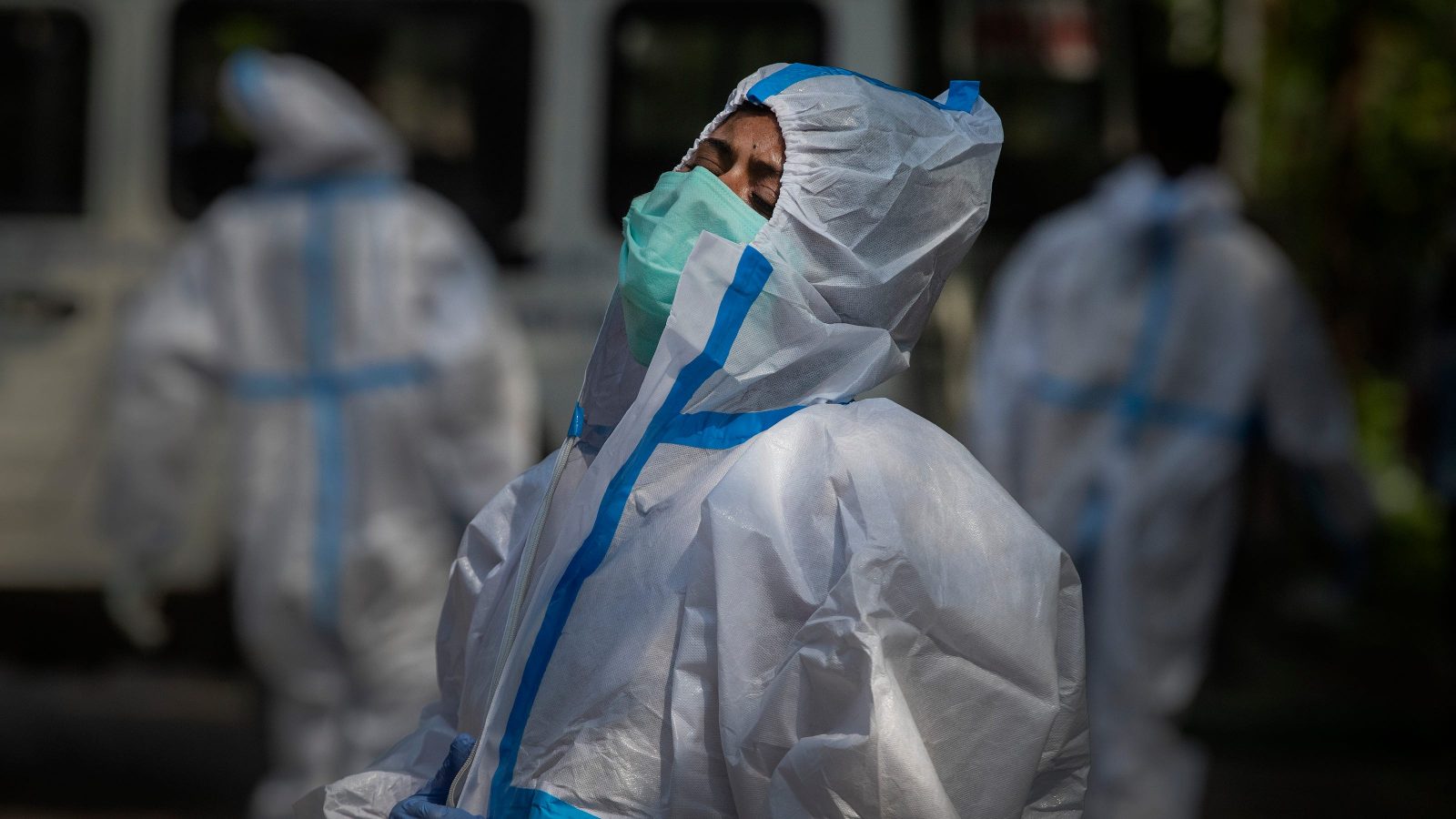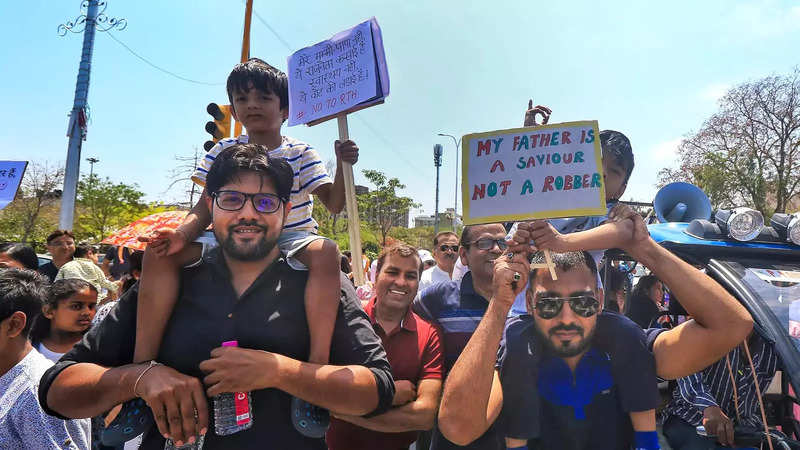
The Tragic Flaw in India’s Covid-19 Management
Citizens pay the price for federal imbalance at the heart of the mismanagement
The Government of India (GoI) micromanaged the response to the first wave of the pandemic in March, 2020, announcing one of the harshest nation-wide lockdowns, which caused the largest migrant exodus and crisis in the history of the country.
A year later, in a raging second wave, it chose to decentralise and asked States to take the lead in announcing lockdowns and related measures to contain the spread. But, with a poorly thought out vaccine procurement cum pricing strategy combined with a complete lack of planning for the ongoing oxygen shortage, States have once again got the short end of the stick. While citizens have been left gasping for breath and scrambling for vaccines.
Vidhi has been deliberating on the laws invoked and the federal imbalance at display in the mismanagement of COVID-19 through a series of discussions and write-ups over the past year, curated below.
- In one of Vidhi’s earliest blogs, Yogini Oke unpacked the legal response to the first wave of the pandemic by the GoI, explaining how the Epidemic Diseases Act, 1897, and the Disaster Management Act, 2005 were invoked and applied by the Central government.
- Alok Prasanna, at a talk at Trinity College, Dublin, highlighted how the extreme centralisation of power throughout the response to COVID-19 in India in 2020 even as public health is a State subject, combined with a weakened Supreme Court, caused tremendous suffering to the marginalised and undermined the constitution. The Centre achieved this through exploiting legal jugaad in the absence of a legal framework to tackle a nation-wide epidemic, running the entire exercise through the Prime Minister’s Office and the Ministry of Home Affairs.
- Kevin James, earlier with Vidhi, wrote a blog on how the lack of clear Centre-State roles and a deeply fragmented legal response by the Centre trying to ensure consistency across States failed to meet local exigencies, and was essentially unconstitutional in spirit.
- Louise Tillin, Director of the King’s India Institute at King’s College London conducted a masterclass on ‘India’s COVID-19 Response and Federalism’ at the Samvidhaan Summit organised by Charkha, Vidhi’s constitutional law centre, and reinstated the importance of enabling States to tailor the implementation of national health policies according to local context and demographics. TiIlin highlighted that federalism in India has always had a unitary bias even in case of issues designated as State subjects, and the context of COVID-19 has greatly strengthened tensions within Indian federalism.
- In another blog, Alok Prasanna wrote that COVID-19 has made it clear that it is time to rethink urban planning and governance in order to prepare for the future. Devolution of powers, especially at city level, through reallocation within the constitutional scheme, and a much greater investment in public health by cities must be the focus, going forward.
- In a blog on how the lack of updated data led to the massive migrant crisis during the first wave of COVID-19, Akhileshwari Reddy wrote about the importance of maintaining a dynamic state-level database of migrant workers through creating Migrant Workers Registers, albeit with caution to ensure there is no misuse of such information.
- In an oped in Deccan Herald, Alok Prasanna wrote about how the GoI botched up both centralisation and decentralisation in the management of the first and second waves of the pandemic with respect to migrant crisis and vaccine shortage, respectively. The roots of this can be traced back to the drafting of the Indian Constitution, which favoured a strong Centre at a time when the country likely needed it, but now the Central government would do well to show humility and listen to the needs of the people instead.


